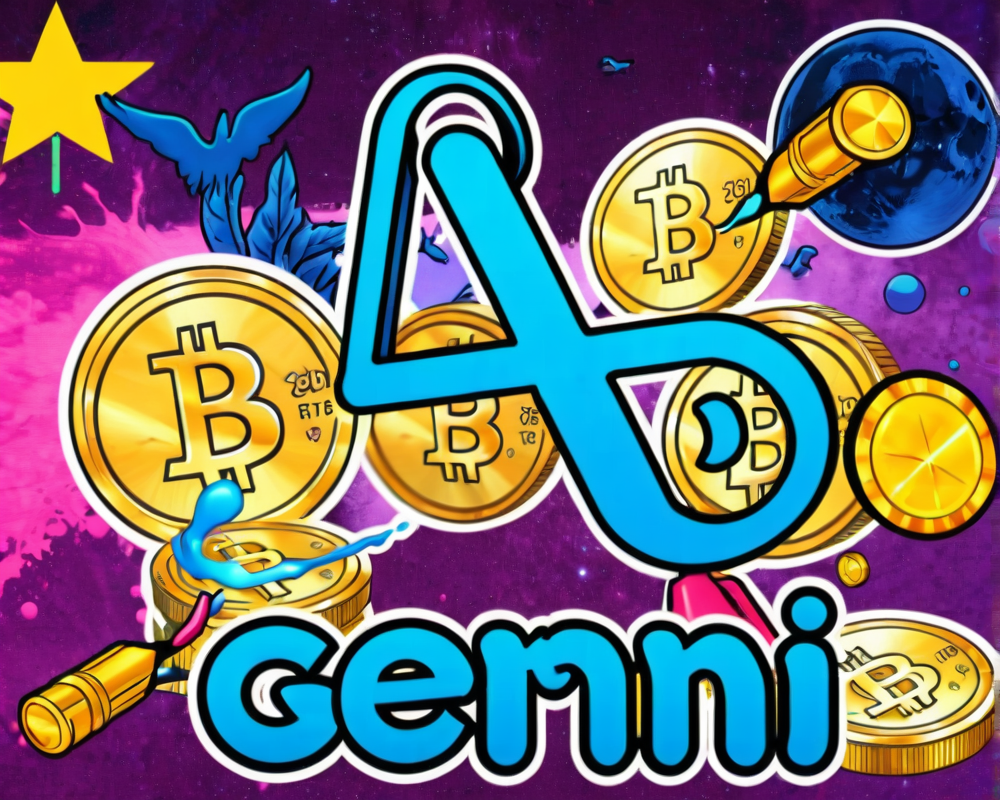Welcome to the Future: The Role of Blockchain
In an era buzzing with globalization and digitization, cryptocurrencies are no longer a financial circus act; they’re the main attraction. Powered by blockchain technology, we’re looking at a financial revolution that’s knocking at the door of traditional banking. Goodbye trust issues, hello transparency! The potential of blockchain makes it a superhero in achieving the UN’s Sustainable Development Goals by uplifting the unbanked, especially women, cutting down transaction costs, and introducing fresh opportunities for liquidity.
The Ghanaian Scene: A Financial Overview
Greetings from Ghana, one of West Africa’s leading economies! Picture this: a land rich in culture with a population of about 32 million and a GDP per capita of around $5,744 as of 2020. However, this land is not without its struggles. With a banking crisis that rocked the nation from 2017 to 2020 and a hangover from COVID-19, financial stability is a work in progress. The rich reside in urban parades while lower-income households are sprawled across the countryside, making access to banking somewhat questionable.
Unpacking the Challenges of Financial Inclusion
So why does financial inclusion feel as elusive as finding a needle in a haystack? A 2010 study suggested that physical access to banks isn’t the key barrier; it’s the Know Your Customer (KYC) restrictions that trip many people up. Inadequate income is also a major culprit—64% of respondents in the study cited it as the primary reason for not having an account. And trust me, a new study from 2021 echoed these sentiments. In essence, Ghanaians are not just bemoaning access; they’re crying out for financial resources.
Mobile Money: The Unsung Hero
Enter mobile money—the Robin Hood of the financial service world. Introduced in 2009, it currently assists about 38.9% of the population in managing their finances sans the need for a bank account. All you need is a mobile phone capable of sending SMS, making it as universal as your mother’s favorite recipe. While it does have some baggage, like transaction fees that can creep up to 5%, it remains the go-to solution for many. In 2021, the Ghanaian government even slapped on a 1.75% e-transaction levy! But folks continue to use mobile money. Why? Because many prefer it over the extortionate fees at banks.
Remittances and Cryptocurrency: A New Dawn
Don’t even get me started on the topic of remittances! In 2018, Ghana was the second-largest recipient in West Africa, right after Nigeria. Many households depend on foreign aid while banks often play the role of greedy middlemen due to high transactional costs. Cue cryptocurrencies. They present a viable alternative for remittances, showcasing lower transaction fees and faster processing times. In fact, some argue that cryptocurrency’s edge is crucial for boosting financial inclusion globally. After all, the UN wants those costs slashed to 3% by 2030! Now, that’s some serious ambition.
Blockchain: The Pathway to Sustainable Development
But how do we get there? The answer could lie in blockchain’s incorruptible nature that eliminates intermediaries, making financial services transparent and accessible. Although crypto has yet to see massive consumer adoption, studies suggest a growing openness among Ghanaians to dive into the world of cryptocurrencies. The block is hot and it’s on the rise! Still, people need to be educated and equipped with the necessary tools to navigate this digital seasaw. Let’s lift that barrier and turn crypto into a user-friendly service that creates real economic opportunities.
Coding the Future: Crypto or CBDC?
While cryptocurrencies may foster a sense of freedom, central bank digital currencies (CBDCs) are creeping into the conversation. They promise consumer protection but come with their own baggage. Users might have to surrender some privacy as central banks wield unprecedented power. It could be the tool for empowerment or a key to oppression. The jury is out on how this plays out in the long run.
Conclusion: Crossing the Digital Divide
In a nutshell, blockchain and cryptocurrency could evolve Ghana’s finances from mere survival mode to a vibrant marketplace. But there’s no magic fairy wand—regulatory structures and financial education are paramount to achieving the goals set by the UN regarding financial inclusion. It’s a thrilling journey focusing on how tech can reshape economies and empower millions. So, are you in?



